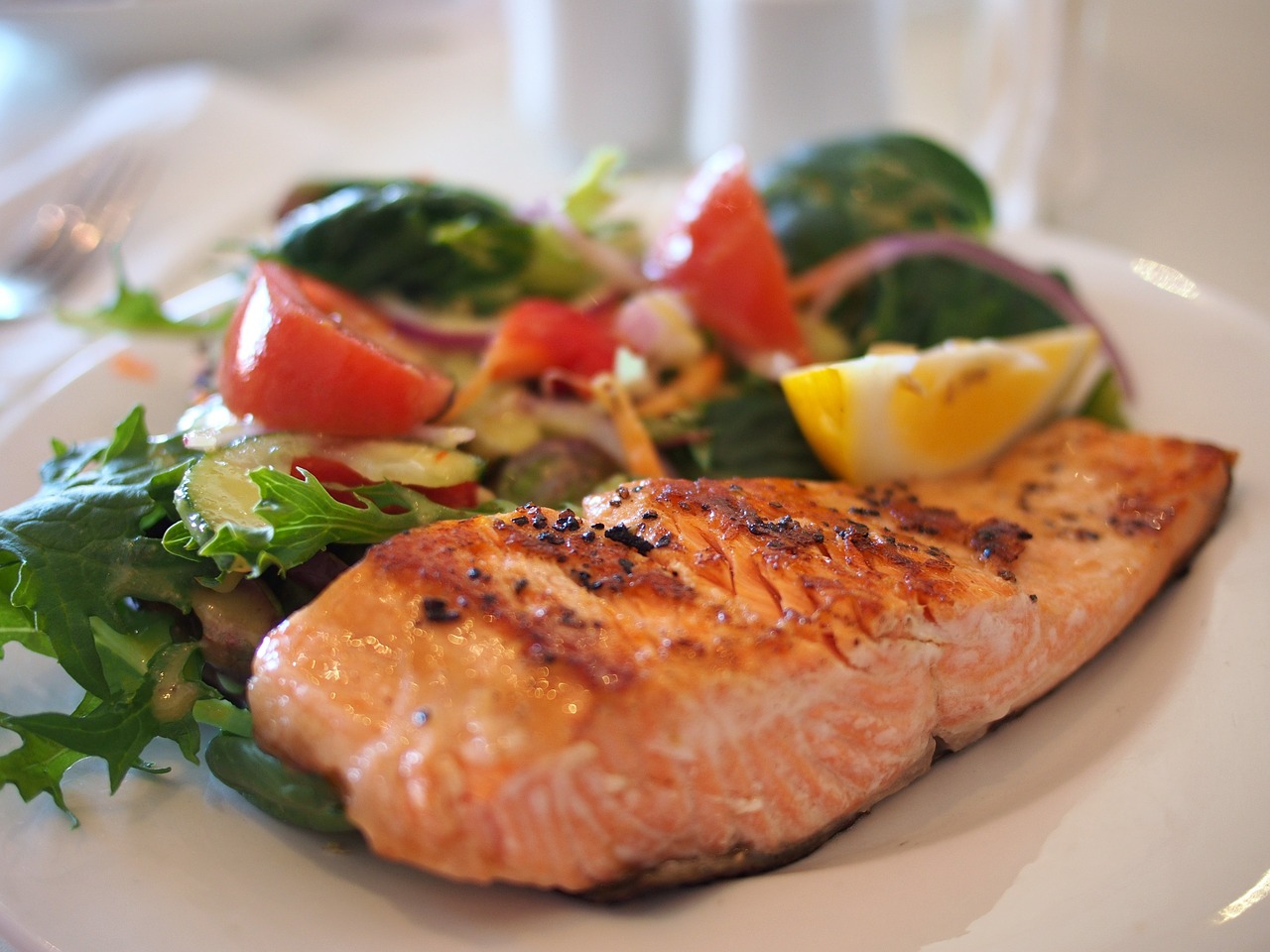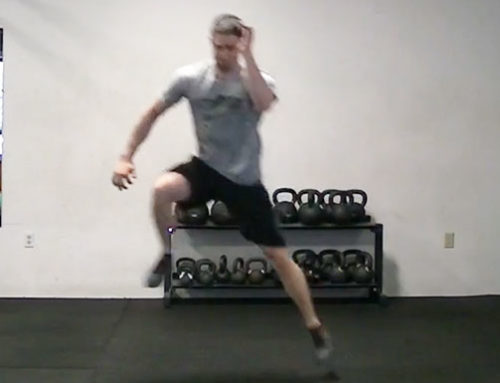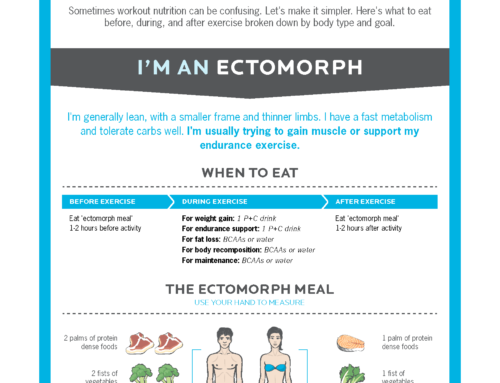As coaches, we do everything we can to improve an athlete’s performance during training. Unfortunately, we leave a lot to chance if we don’t look at factors outside of training, too. I’ve touched on the importance of sleep, academic stress, and body composition (add to blog and link) in the past, and today I wanted to dive deeper into nutrition.
Talking about nutrition can quickly become a complex topic. We want to avoid getting bogged down in recommendations of so many grams of protein per kilogram of body weight. Instead, we want to provide athletes with a few useful, usable guidelines. That way they don’t have to break out the calculator for meal time, and can save their mental focus for the field.
More is less: give athletes one aspect of nutrition to improve at a time.
First — Stress the importance of eating real, whole food before and after training.
Second — Focus on their carb intake. It is their primary fuel source. At least 70% of their energy used while training comes from stored (previously eaten) carbohydrates. In fact, carbohydrate fueling during competition has been shown to improve time to fatigue by 37%.
Healthy eating does relate to body size, but instead of using grams per kilogram, we will use an athlete’s fist, palm, or thumb size to prescribe the amount of food they should consume. It’s not as precise, but it’s more useful for most athletes.
Pre-Training (1-2 hours before):
1-2 fists of carbohydrates (fruit, oatmeal, potatoes, rice, pasta)
During:
8-16 oz water, electrolytes, and possibly carbohydrates.
Post-Training (1-2 hours after):
Again, we are looking for a well-balanced meal of real, whole foods.
1-2 fists of carbohydrates
1 palm of protein
2 fists of vegetables
2 thumbs size healthy fat (avocado, nuts, olives, olive oil, coconut oil)
Share this image with your athletes to help them understand what a well-balanced meal is.

-Picture from www.precisionnutrition.com/calorie-control-guide-inforgraphic







